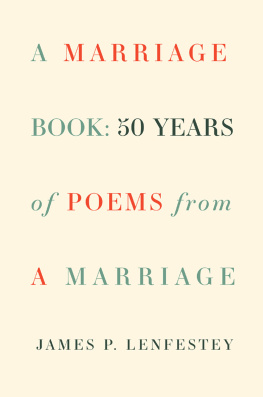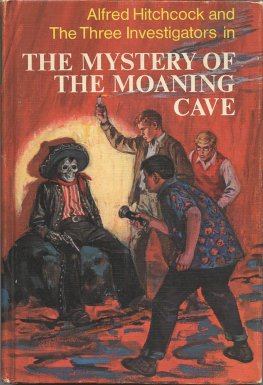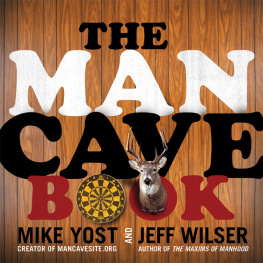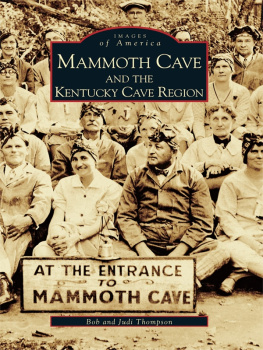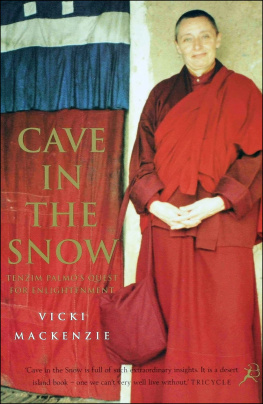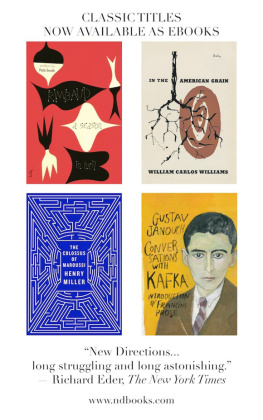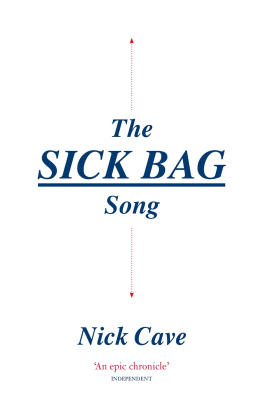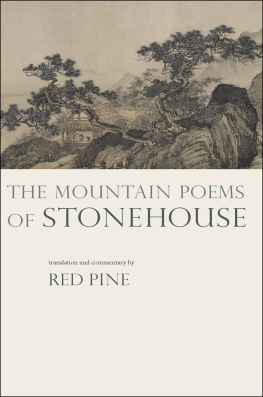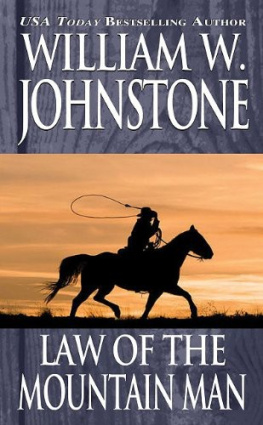
ALSO BY JAMES P. LENFESTEY
Poetry
Earth in Anger: Twenty-Five Poems of Love and Despair for Planet Earth
A Cartload of Scrolls: One Hundred Poems in the Manner of Tang Dynasty Poet Han-shan
Into the Goodhue County Jail: Poems to Free Prisoners
The Toothed and Clever World
Saying Grace
Low Down and Coming On: A Feast of Delicious and Dangerous Poems about Pigs (editor)
Essays
The Urban Coyote: Howlings on Family, Community and the Search for Peace and Quiet
Robert Bly in This World (co-editor)

2014, Text by James P. Lenfestey
Cover art 2014 Brice Marden / Artists Rights Society (ARS), New York All rights reserved. Except for brief quotations in critical articles or reviews, no part of this book may be reproduced in any manner without prior written permission from the publisher: Milkweed Editions, 1011 Washington Avenue South, Suite 300, Minneapolis, Minnesota 55415. (800) 520-6455 www.milkweed.org
Published 2014 by Milkweed Editions
Cover design by Mary Austin Speaker
Cover artwork by Brice Marden
Author photo by Larry Marcus
Endpaper map by Chris Costello
14 15 16 17 18 5 4 3 2 1
First Edition
Milkweed Editions, an independent nonprofit publisher, gratefully acknowledges sustaining support from the Bush Foundation; the Jerome Foundation; the Lindquist & Vennum Foundation; the McKnight Foundation; the National Endowment for the Arts; the Target Foundation; and other generous contributions from foundations, corporations, and individuals. Also, this activity is made possible by the voters of Minnesota through a Minnesota State Arts Board Operating Support grant, thanks to a legislative appropriation from the arts and cultural heritage fund, and a grant from the Wells Fargo Foundation Minnesota. For a full listing of Milkweed Editions supporters, please visit www.milkweed.org.

Library of Congress Cataloging-in-Publication Data
Lenfestey, James P.
Seeking the cave : a pilgrimage to Cold Mountain / James P. Lenfestey.
pages cm
ISBN 978-1-57131-897-8 (ebook)
1. Lenfestey, James P.--Travels--China. 2. Authors, American--21st century--Biography. 3. China--Description and travel. I. Title.
PS3612.E528Z46 2014
811'.6--dc23
[B]
2014004199
Milkweed Editions is committed to ecological stewardship. We strive to align our book production practices with this principle, and to reduce the impact of our operations in the environment. We are a member of the Green Press Initiative, a nonprofit coalition of publishers, manufacturers, and authors working to protect the worlds endangered forests and conserve natural resources. Seeking the Cave was printed on acid-free 100% postconsumer-waste paper by Edwards Brothers Malloy.
To Cold Mountain
and
Burton Watson, who gave me the gift
of Cold Mountains songs;
Bill Porter, who took me there;
Margaret, Mike, and Ed,
boon companions on the journey.
CONTENTS

Han-Shan Haibun
Then do folk long to go on pilgrimage,
And palmers to go seeking out strange strands,
To distant shrines well known in sundry lands.
CHAUCER, PROLOGUE,
THE CANTERBURY TALES
There is only one way to travel and that is inward.
JANE HIRSHFIELD
Han-Shan Haibun
It is of the highest urgency for the creative artist to be honestly attentive to the sources of his inspiration and to the obligation those sources impose.
FRED GOSS AND JAMES BOGAN
SPARKS OF FIRE: BLAKE IN A NEW AGE
I n the fall of 2006 I traveled to Japan and China seeking the cave of Han-shan, Cold Mountain, a recluse whose poems I have loved for more than thirty years, who took his final name from the place where he lived. I returned with notebooks filled with impressions and poems. Simple enough, I thought, to add back the skeleton and musculature of narration over the beating heart of the poems. In practice, the haibun process pushed me to immerse myself not only in my journals but also in additional studies of Chinese poetry and poets, the Japanese haibun form itself, and, to my surprise, memory.
Beginning in my mid-fifties, a new feeling began to grow inside me, a surprisingly powerful urge I came to term seeking the cave. I felt an increasing pull toward quietude if not solitude, toward the stillness of dawn and away from evening enthusiasms, toward contemplation and away from engagement. My pilgrimage to Cold Mountain cave, raucous as it sometimes was through the noisy, neon-lit frame of modern Chinawhat we quickly dubbed the Ka-ching Dynasty for its obsession with the gleam and rattle of moneypays homage to that pull I eventually could not resist. My pilgrimage to Cold Mountain, the poet and the place, is its metaphor.
I present myself as no expert on any of thisneither China nor Chinese poetry nor translation nor pilgrimage nor haibun. I am only a man trying to find the best means to tell the story of an American life that mysteriously resonates with the poems and poetic style of a poet who lived, if he lived at all and isnt a literary fiction, in a cave somewhere in the Tientai Mountains of China 1,200 years ago. In seeking the actual cave to which the poet Cold Mountain is believed to have retired, and from which he wrote his poems and took his final name, I was seekingits clear to me nowmy own true name. Perhaps these scribblings from the notebooks of my travels, some refined into poemsall refined after acute critical readings by Gary Snyder, John Rosenwald, Eric Utne, Thomas R. Smith, J. P. White, traveling companions Mike Hazard, Margaret Telfer and Ed McConaghay, and editor Daniel Slagerwill resonate with the readers own voyages external and internal. Perhaps you too will learn your own true name for how to live within the wonderings of the last decades of a life. Special thanks to the Anderson Center for residencies that allowed me the time to complete this manuscript.
JAMES P. LENFESTEY
Mackinac Island, Michigan, after finishing at dawn
The Narrow Road to the Deep North and Other Travel Sketches
by Matsuo Bash, translated by Nobuyuki Yuasa.
A NOTE ON SPELLING
Chinese characters have been transliterated into the Roman alphabet using many different systems. Until recently the Wade-Giles system was most prominent, through which many English readers came to know Li Po, Tu Fu, Po Ch-i, and Su Tung-po, for example. The latest writing system, called Pinyin, seems more closely to approximate modern Mandarin pronunciation, e.g., Li Bai, Du Fu, Bai Juyi, and Su Dongpo, and is the spelling system I have generally employed. In China if I mentioned Li Po or Tu Fu I got no reaction, but if I said Li Bai or Du Fu faces brightened, like meeting old friends. Few brightened at the mention of Han-shan, little read in China and not taught in school. One spelling exception is the name of the mountain region Han-shan called home: Tiantai in Pinyin. I missed the sound of the soft
Next page

